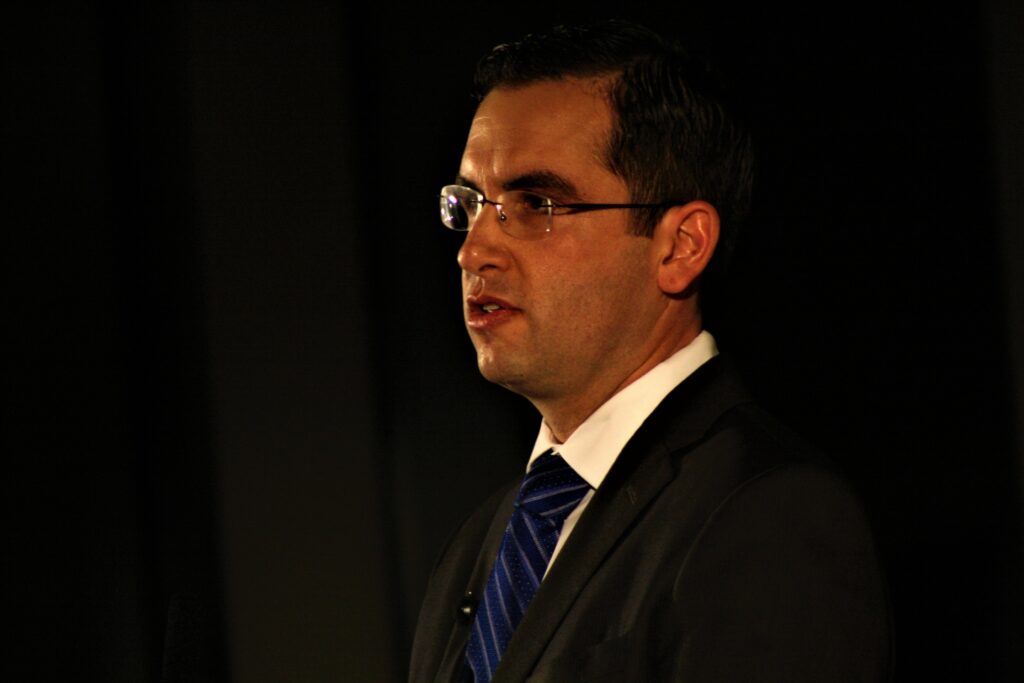Jersey City Selected by Biden Administration to Support Local Food Initiative,

Jersey City Selected by Biden Administration to Support Local Food Initiative, Environmental Protection, and Community Revitalization
JERSEY CITY – Mayor Steven M. Fulop announced today the City of Jersey City has been selected by the Biden Administration as one of only 13 communities nationwide to participate in Local Foods, Local Places (LFLP). The federal partnership program supports community-led efforts to reinvest in existing neighborhoods, protect the environment, and improves residents’ health and quality of life through the development of the local food economy.
Under the LFLP program, the City of Jersey City is partnering with residents of the Bergen-Lafayette neighborhood to establish a “food value chain” embedded within the community. The goal is to increase demand for healthy local food, support the local economy by highlighting healthy food businesses, and connect unemployed residents with jobs in food production, aggregation, distribution, service, and disposal.
“We are excited to have the opportunity to bring together key Jersey City stakeholders to focus on healthy food access and economic revitalization in the Bergen-Lafayette neighborhood,” said Mayor Fulop. “Throughout my administration, we have focused a significant amount of City resources into Bergen-Lafayette, and these community convenings will allow us to make important connections to help bring good food and good jobs into one of our most unserved communities.”
A Steering Committee comprised of city officials and community members will provide guidance throughout the program’s implementation and operation. The list of Steering Committee members can be found here.
Since its inception in 2016, Jersey City’s Department of Health and Human Services and the Division of Food & Nutrition has significantly increased funding in the local food economy, providing additional support for growing vegetables, and will now expand to include food manufacturing to keep the federal food program dollars for benefiting local residents and businesses.
Each selected community will work with a team of federal, state, and regional experts to address local agricultural, environmental, public health, economic development, and equity issues. Together, they will develop a community-led action plan to strengthen the local food system and spur the revitalization of often-overlooked neighborhoods in the community.
“Local Foods, Local Places is a great example of how federal and local partners can come together to support community efforts that build food systems, improve equitable access to healthy food, create job opportunities, and enhance environmental protection efforts,” said EPA Administrator Michael S. Regan. “I am excited to see how these communities thrive over the next several years and become models for other locations across the nation.”
Since its launch in 2014, LFLP has assisted more than 125 communities across the country to develop local food enterprises, such as farmers’ markets, community gardens, cooperative grocery stores, and food hubs that improve environmental, economic, and health outcomes.
The 13 partner communities selected for the LFLP program are located in California, Colorado, Illinois, Massachusetts, Missouri, Nevada, New Jersey, Oklahoma, Puerto Rico, Tennessee, Virginia, and Washington.
About Local Foods, Local Places
This year, LFLP is sponsored jointly by the U.S. Environmental Protection Agency (EPA), and the U.S. Department of Agriculture (USDA) Agricultural Marketing Service, with multiple federal agencies planning to participate. Since its launch in 2014, LFLP has helped more than 120 communities across the country develop local food enterprises, such as farmers markets, community gardens and cooperative grocery stores, using a place-based approach that improves environmental, economic, and health outcomes in downtowns and neighborhoods. The program pays special attention to overcoming economic challenges, improving equity, and tackling climate change and other factors that can hinder revitalization efforts and residents’ access to more affordable healthy food.
For more information about Local Foods, Local Places, visit: https://www.epa.gov/smartgrowth/local-foods-local-places
For more information about LFLP communities selected in 2021, visit: https://www.epa.gov/smartgrowth/local-foods-local-places#2021









